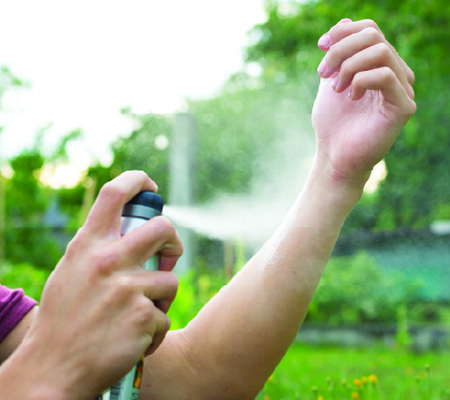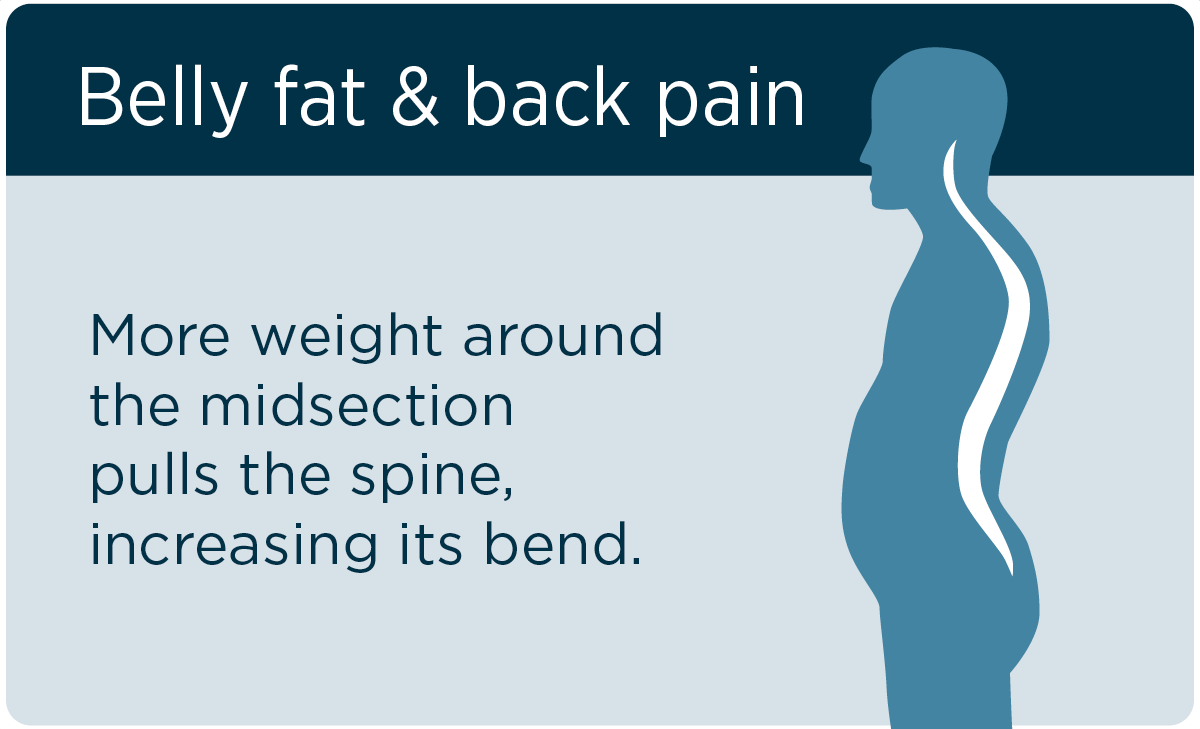Rest assured, DEET is safe for most people. Reactions typically involve improper use.

“People that have swallowed products containing DEET have experienced stomach upset, vomiting and nausea. Very rarely, exposure to DEET has been associated with seizures in people. Most of these reactions have happened after drinking products with DEET in them or using the products in ways that do not follow label directions,” according to the National Pesticide Information Center.
Some people experience rashes and eye or skin irritation after using DEET.
But can DEET cause cancer?
“Technically there’s not enough evidence showing one way or the other,” said MacKenzie Derrett, infectious disease nurse practitioner at Marshfield Clinic Health System. “DEET has been used for decades and decades. We don’t see a correlation between DEET and cancer.”
According to the National Pesticide Information Center, “DEET has been classified by the United States Environmental Protection Agency (U.S. EPA) as ‘not classifiable as a human carcinogen’, which means that there is not enough evidence to say that it does or does not cause cancer.”
Is DEET safe for kids?
DEET is safe for kids 8 months and older. It’s widely studied, and EPA approved. That said, parents should help children apply DEET to avoid the eyes and mouth.
For kids younger than 2 months, use mosquito netting over an infant carrier.
What DEET products work best?
Mosquito repellents come in various forms.
Sprays quickly create a vapor barrier.
“Vapor barrier is the repellent shield that keeps mosquitoes away,” Derrett said.
Lotions can take up to 20 minutes to become effective.
However, some lotions have time-released ingredients so lower chemical concentration provides longer protection.
“It truly depends on the person’s preference and need,” Derrett said. “If you’re watching a baseball game, you may need a spray that starts working quickly and lasts a few hours. If you’re hiking all day, you may prefer a lotion with less chemical that lasts longer.”
Are sunscreen, bug repellant combinations effective?
Sunscreen needs to be reapplied regularly during outdoor days. Mosquito repellents do not. That’s why combination sunscreen repellents often don’t work well.
Instead, apply sunscreen then repellent, as recommended by Centers for Disease Control and Prevention.
Are there effective DEET alternatives?
There are alternative options.
- Picaridin: Safe for children 2 years or older.
- Lemon eucalyptus oil: Safe for children 3 years or older.
- IR3535: Safe for children 2 months or older.
Additionally, natural or homemade options are safe when used as recommended. Or wear permethrin clothing.
INFOGRAPHIC: See how active ingredients compare to determine safety
“There are safe tactics, in addition to EPA-approved sprays, that can ward off mosquitoes,” Derrett said. “For example, you can drain standing yard water where mosquitoes will reproduce.”
Complement your preferred repellent with:
- Ceiling or standing fans
- Light colored clothes
- Window and door screens
- Thermacells
“Travelers to areas with significant mosquito problems also should consider mosquito netting,” Derrett said.
Avoid ineffective DEET alternatives
A whole host of mosquito repellent options that are not sprays, wipes or lotions also are on the market. Derrett warns against these:
- Bug zappers: Most are ineffective, expensive and typically attract mosquitoes.
- Repellent candles: Can be an inhalation hazard.
- Pure essential oils: Can cause irritation or allergy.
- Clip-ons or insecticide fans: Can be an inhalation hazard.
- Yard treatments: Require more pesticides than skin repellents.
Mosquito-borne diseases
The biggest benefit of DEET? Preventing mosquito bites that can lead to serious mosquito-borne diseases like:
- Zika virus
- West Nile virus
- Chikungunya virus
- Dengue
- Malaria
While many cases result in no more than mild, short-term sickness, others have resulted in death.
Is DEET safe during pregnancy?
Generally, DEET is safe during pregnancy. The benefits outweigh the risks. This article from the National Library of Medicine takes a deep dive into all potential issues for pregnant women using DEET.
For questions about bug spray, contact your provider.
Schedule appointment Message your provider
Related Shine365 articles
Wisconsin bug bites and bee stings: Prevention and treatment
Ticks of Wisconsin: Types, tick season, illnesses and more
Fishing safety and first aid: Don’t get caught unprepared






Leave a Reply